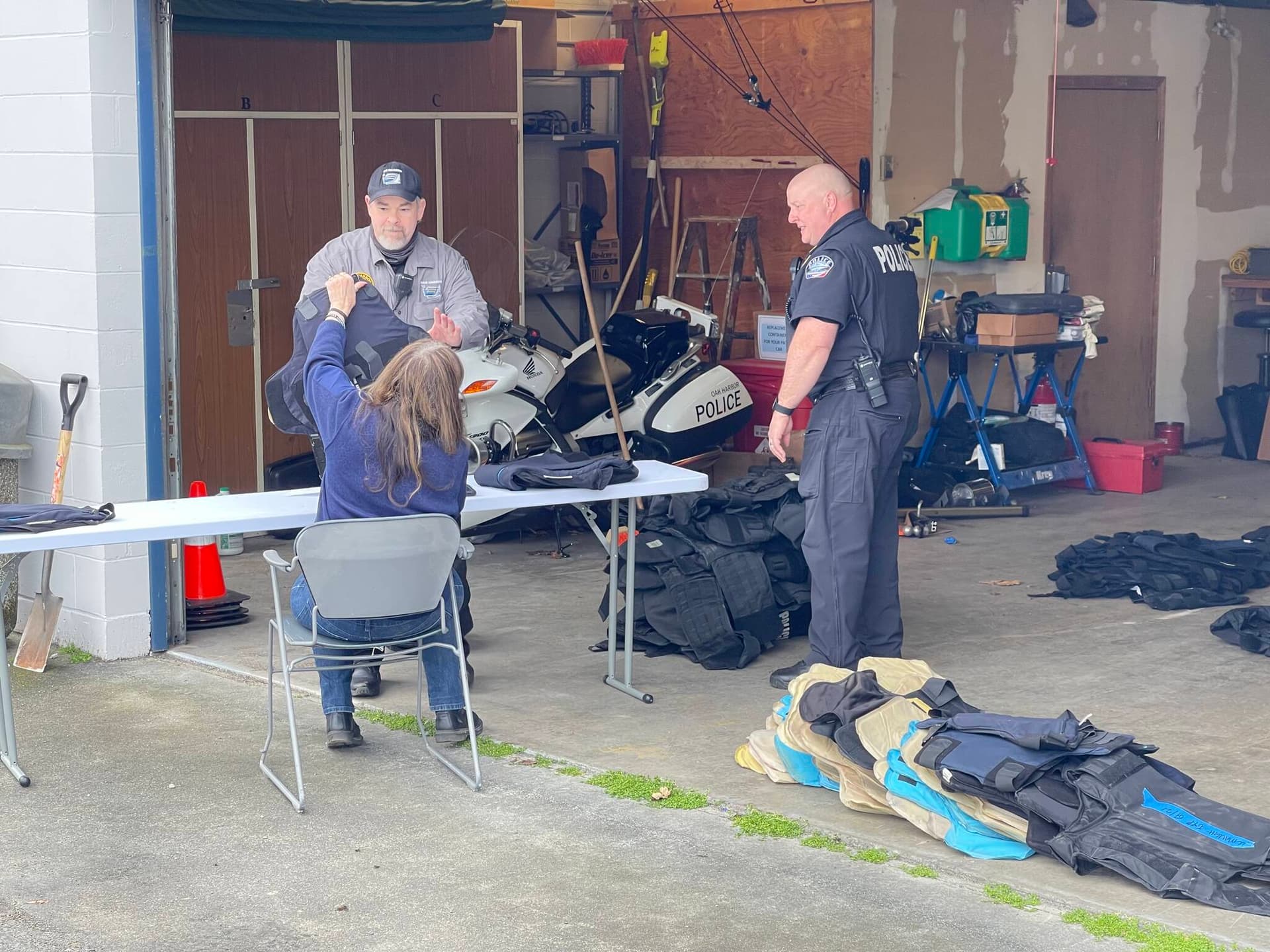Island County Settles Deputy Misconduct Claim, Deputy to Resign
Island County reached a settlement on November 18, 2025 with a Camano Island deputy who alleged repeated inappropriate touching by a superior, resolving the matter with a negotiated payment and a voluntary resignation. The agreement and related personnel history raise questions about internal discipline, transparency, and the fiscal choices county leaders make when confronting alleged misconduct.

Island County announced on November 18, 2025 that it had reached a settlement with a Camano Island deputy who alleged repeated inappropriate touching by a supervising officer. The county will pay a negotiated sum reported in local coverage at one hundred five thousand dollars, and the deputy, identified in reporting as Mike Adrian, will voluntarily resign effective November 1. The sheriff s office also agreed to issue awards referenced in the settlement document.
County officials and Sheriff Rick Felici framed the settlement as a fiscal decision intended to avoid the costs of trial, and they emphasized that the agreement is not an admission of wrongdoing. The complaint named a supervising sergeant identified in reporting as Sergeant John Nieder, and it referenced prior personnel actions and an arbitrator s findings in an earlier unrelated harassment case that appear in public records. Those prior records and the settlement combined to draw public attention to the sheriff s office disciplinary history and to the way the county handles internal complaints.
For Island County residents the resolution has several practical implications. The payment is a charge to the county budget, and fiscal decisions to settle rather than litigate affect available resources for other local services. The departure of a deputy and the public naming of a supervising sergeant have direct consequences for office staffing, local law enforcement morale, and community confidence in the sheriff s office. Public records that document prior personnel actions and arbitration findings give voters and civic groups material for assessing how complaints are handled over time.
The case also highlights institutional questions about oversight and accountability. The sheriff s office is an elected institution, and how it addresses allegations by subordinates touches on broader themes of workplace safety, reporting mechanisms, and the capacity of internal discipline to produce durable remedies. Arbitration decisions in unrelated cases that are referenced in the current settlement raise questions about consistency in discipline and whether existing policies and training adequately prevent misconduct.
Civic engagement will play a role in how the county responds going forward. Residents seeking clearer governance can press for transparent release of public records consistent with privacy and legal limits, demand stronger reporting and investigation protocols, and ask elected leaders for regular updates on steps taken to reduce risk of future incidents. Fiscal scrutiny by the county council and public interest groups may also shape policy responses, including potential revisions to personnel practices, oversight procedures, and budget priorities.
The settlement resolves the immediate legal exposure for the county and the deputy, but it leaves unresolved questions about institutional practices and remedies that Island County officials and the public will need to address to restore trust and ensure accountable policing.


